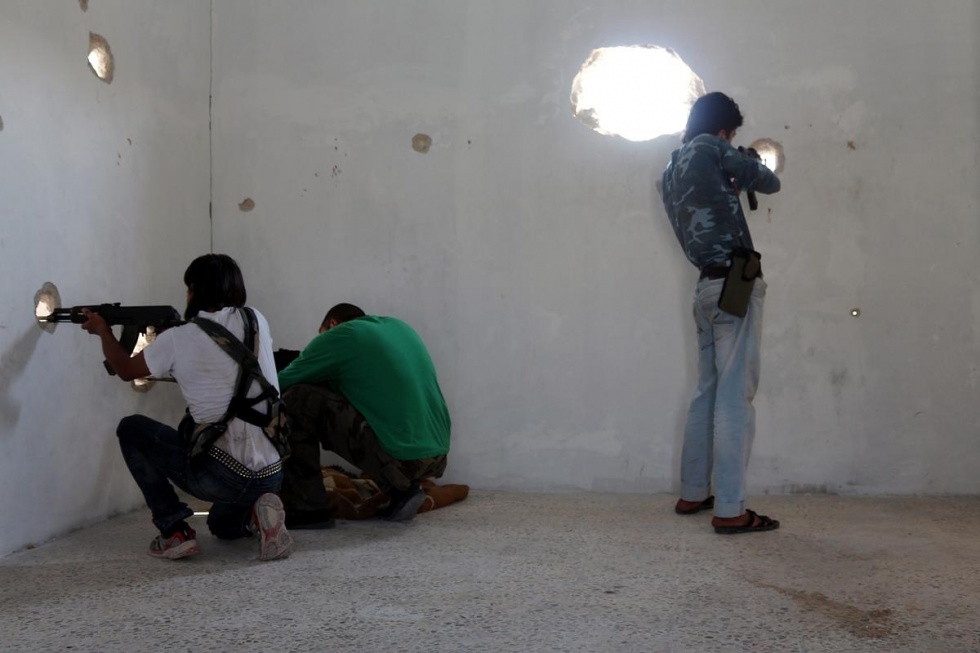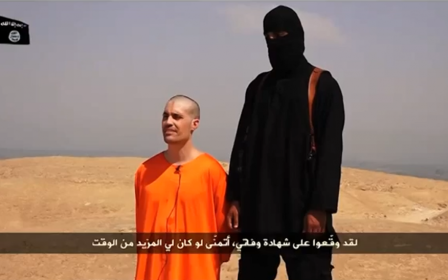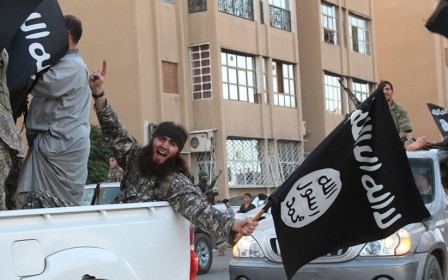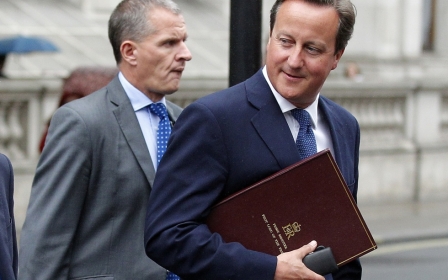"Gang warfare" is disillusioning UK fighters in Syria

British fighters involved in the Syrian conflict are becoming increasingly disillusioned and want to return to the UK., it was reported Friday.
According to the Times newspaper, British fighters are growing frustrated because, rather than fighting against Syrian President Bashar al-Assad, they are finding themselves locked in battle with other opposition groups.
One fighter linked to the Islamic State told the Times that he and other fighters were willing to take part in a deradicalisation program and accept surveillance if they were given assurances that they would not go to jail upon their return.
The fighter claimed he represented 30 fighters from the UK.
Peter Neumann, director of the International Centre for Study of Radicalisation and Political Violence at King’s College London, said he believed up to a fifth of British jihadists could be looking for a way out of the fighting in Syria.
“The people we have been talking to... want to quit but feel trapped because all the government is talking about is locking them up for 30 years,” he told the Times.
A British fighter told researchers at King’s College, “We came to fight the regime and instead we are involved in gang warfare. It’s not what we came for but if we go back we will go to jail.”
“Right now we are being forced to fight - what option do we have?” he asked.
Newman said the government could use the fighters as powerful spokesmen against Islamic State propaganda and suggested the UK set up a deradicalisation program.
On Monday, Prime Minister David Cameron announced that the government was looking at introducing new powers to prevent people from traveling to Syria. He said the government would strip British citizenship from dual nationals and refuse re-entry into Britain to those suspected of having taken part in the fighting.
Five hundred UK citizens are believed to have traveled to Syria to join in the civil war, with 260 believed to have returned to Britain. Fighters from the Islamic State, formerly known as the Islamic State of Iraq and the Levant, or ISIL, who already control parts of Syria, captured the northern Iraqi city of Mosul in June and then surged across the north of the country, taking control of a number of predominantly Sunni cities.
New MEE newsletter: Jerusalem Dispatch
Sign up to get the latest insights and analysis on Israel-Palestine, alongside Turkey Unpacked and other MEE newsletters
Middle East Eye delivers independent and unrivalled coverage and analysis of the Middle East, North Africa and beyond. To learn more about republishing this content and the associated fees, please fill out this form. More about MEE can be found here.




